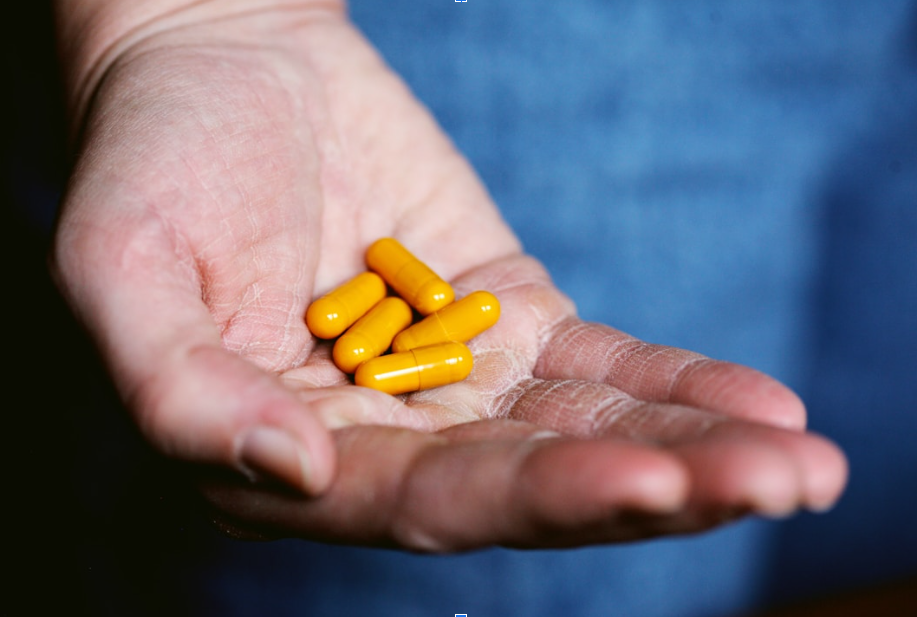Substance abuse is a pervasive issue affecting millions of individuals worldwide. Its impact extends beyond the person suffering from addiction, influencing families, communities, and societies at large. Overcoming addiction requires a comprehensive approach that addresses both the psychological and physical aspects of the condition. Below, we will explore effective treatment methods that play a crucial role in recovery.
The Role of Therapy in Addiction Recovery
Therapy is an essential component of addiction recovery, helping individuals address the root causes of their substance abuse. Through various therapeutic methods, people can gain a deeper understanding of their behavior and begin the process of emotional healing. Cognitive Behavioral Therapy (CBT), for example, has proven effective in helping individuals change negative thought patterns that contribute to their addiction.
One powerful therapeutic approach is emotional transformation therapy, which encourages emotional healing by targeting unresolved trauma. This therapy helps individuals healthily process emotions, allowing them to move past painful memories that may have fueled their addiction. By addressing emotional wounds, patients are better equipped to confront their substance abuse issues.
Therapy also plays a vital role in building coping mechanisms for long-term sobriety. Through counseling, individuals learn how to manage stress, anxiety, and other triggers that may otherwise lead to relapse. Over time, these coping strategies become integral to maintaining a healthy, substance-free lifestyle.
Group therapy offers a supportive environment where individuals can share their experiences and gain insight from others. This communal aspect fosters a sense of belonging and mutual understanding, further strengthening recovery. With the help of therapy, individuals can make meaningful progress toward overcoming addiction and reclaiming their lives.
Medications and Their Impact on Healing

Medications are often used alongside therapy to help individuals manage withdrawal symptoms and cravings. These medications can ease the transition into sobriety by reducing the physical discomfort associated with quitting substance use. For example, methadone and buprenorphine are commonly used to help individuals recover from opioid addiction.
In addition to reducing cravings, medications can also help repair the brain’s chemical imbalances caused by long-term substance abuse. Many substances, such as alcohol or cocaine, alter the brain’s neurotransmitter systems, making it difficult for individuals to experience pleasure or regulate emotions naturally. Medications like antidepressants or antianxiety drugs can help restore balance to these systems.
While medications play a critical role in the early stages of recovery, they are often part of a broader treatment plan. Long-term use of medications can help prevent relapse, but they should always be monitored by healthcare professionals to ensure effectiveness and minimize risks. A tailored approach to medication can increase the likelihood of successful recovery, supporting the individual through various stages of healing.
It’s also important to note that medication-assisted treatment is not a standalone solution but works best when combined with behavioral therapies. The combination of medications and counseling creates a holistic treatment plan that addresses both the physical and psychological aspects of addiction. By integrating these methods, individuals are better equipped to achieve lasting recovery.
Building a Support System for Long-Term Success
A strong support system is crucial for individuals in recovery from substance abuse. This network can include family, friends, healthcare providers, and support groups that offer encouragement and guidance. Having people to rely on during difficult moments increases the chances of maintaining sobriety over the long term.
Support groups such as Narcotics Anonymous (NA) or Alcoholics Anonymous (AA) provide a community of people who have shared similar struggles. These groups offer a sense of solidarity and understanding that helps individuals feel less isolated in their recovery journey. Regular participation in support groups allows individuals to connect with others who can offer practical advice and emotional support.
Family involvement is another key component of a successful recovery. Family members play an important role in providing emotional stability and fostering an environment conducive to healing. Through family therapy, loved ones can learn how to support the individual in recovery while also addressing any issues within the family dynamic that may have contributed to the addiction.
Continued involvement in professional therapy is essential for long-term success. Regular check-ins with therapists ensure that individuals stay on track in their recovery and can address any new challenges. By consistently engaging with a support network, individuals can significantly reduce the risk of relapse and work toward sustained, lasting recovery.
Altogether, overcoming substance abuse requires a multifaceted approach that combines therapy, medication, and a strong support system. Individuals can recover and regain control of their lives with the right resources and commitment.

